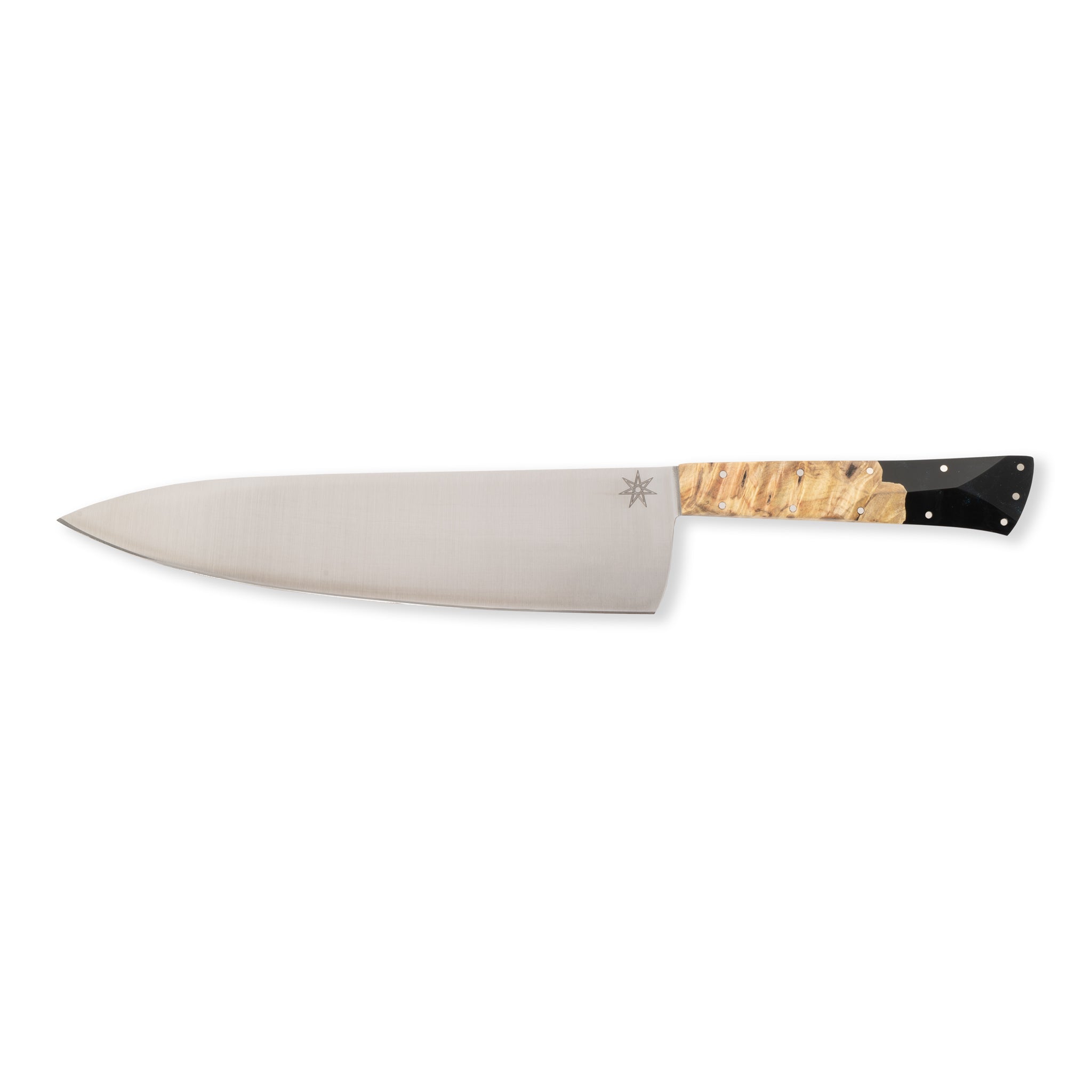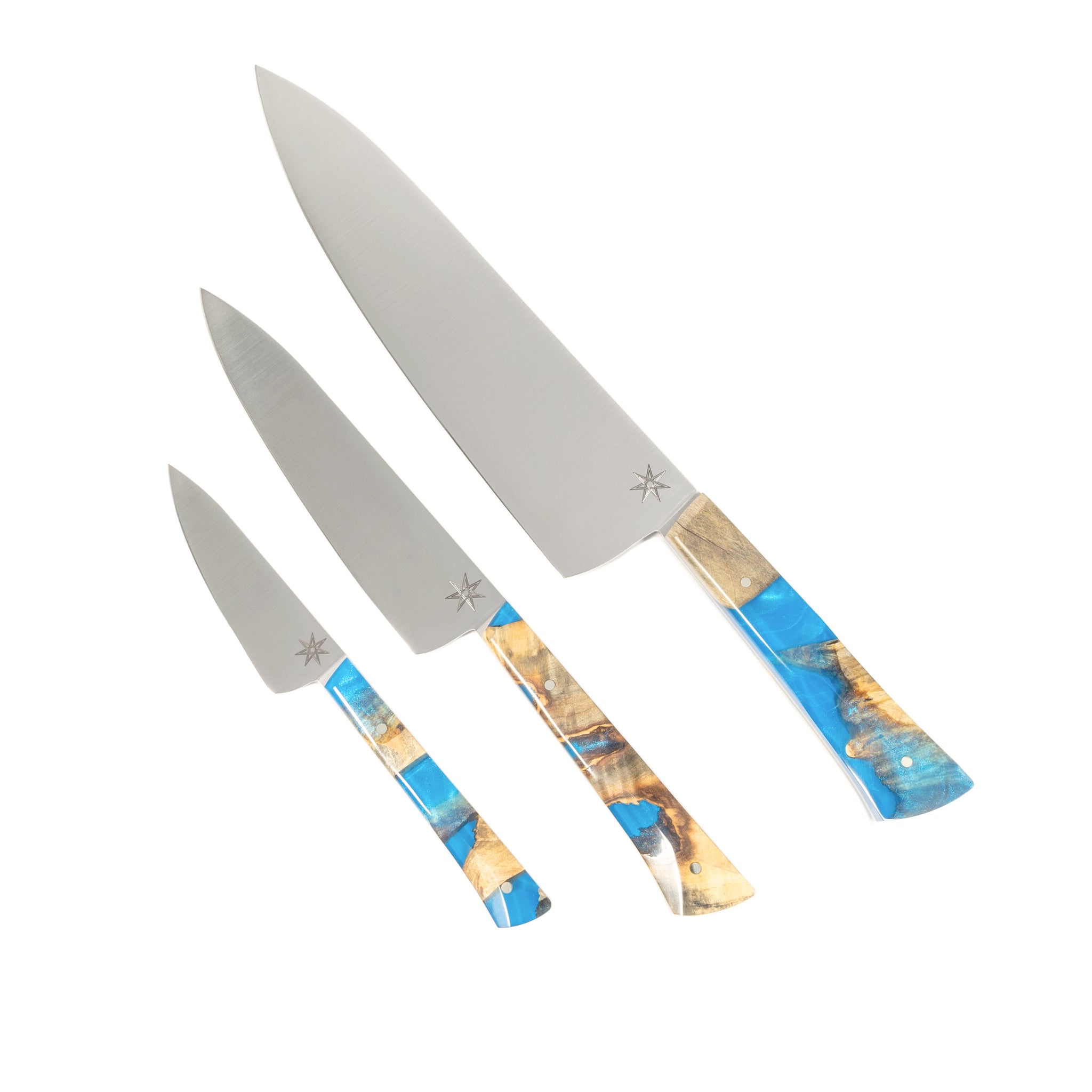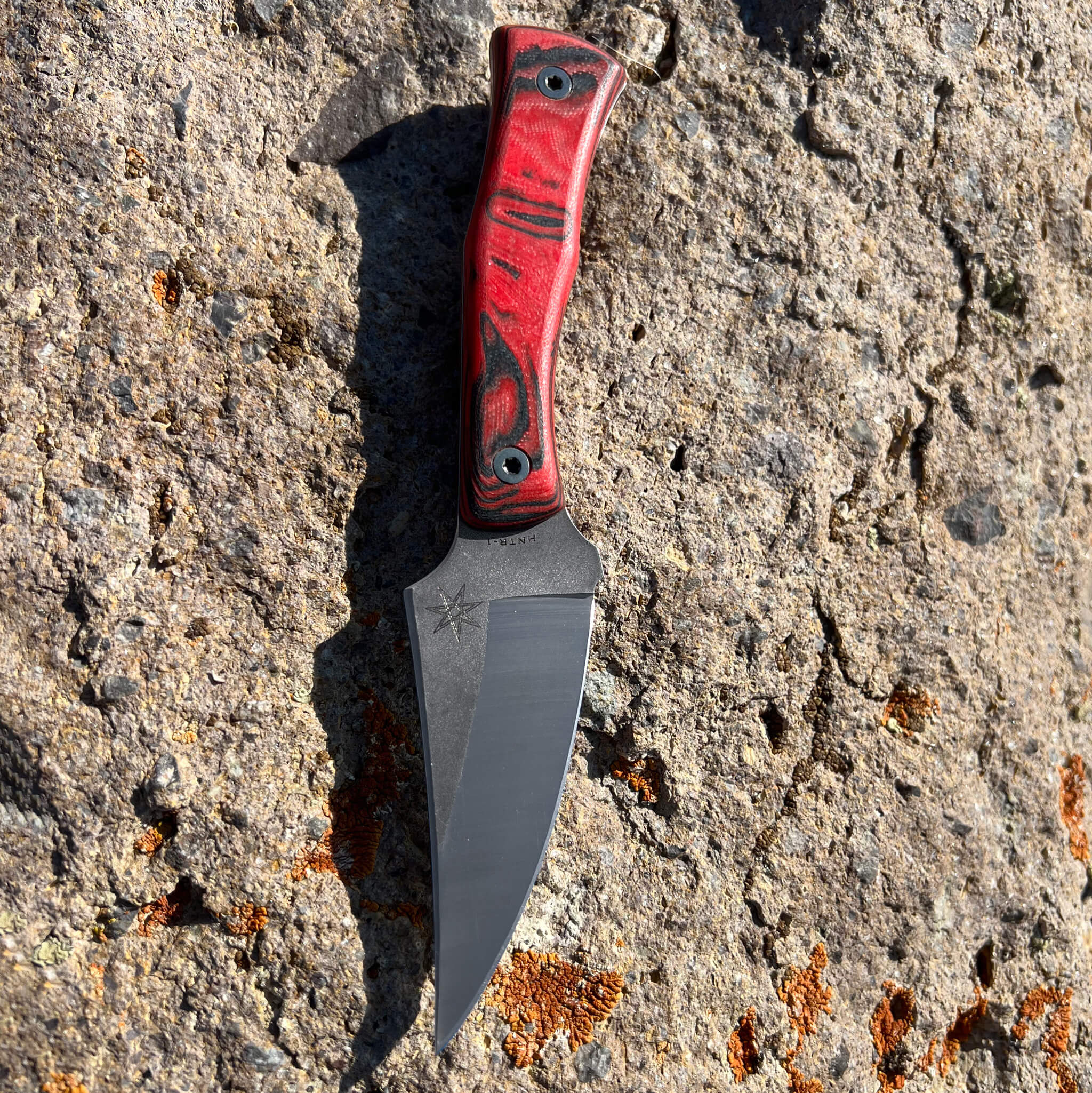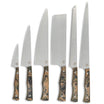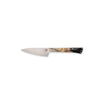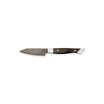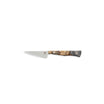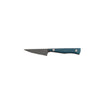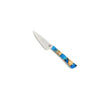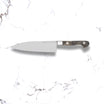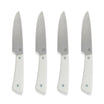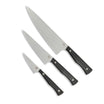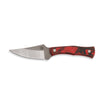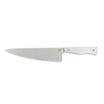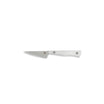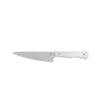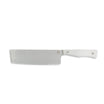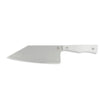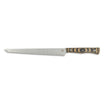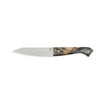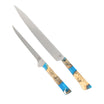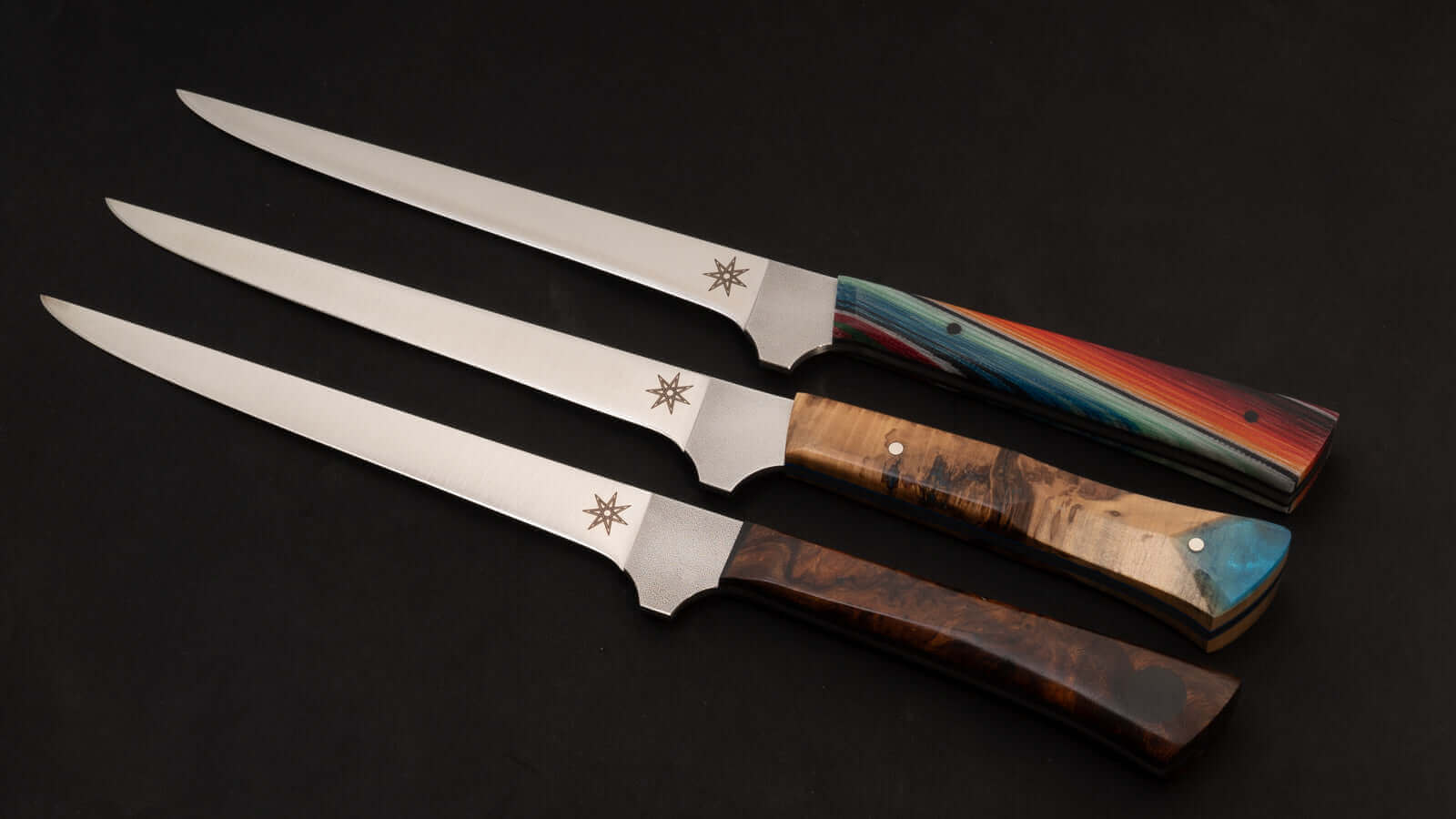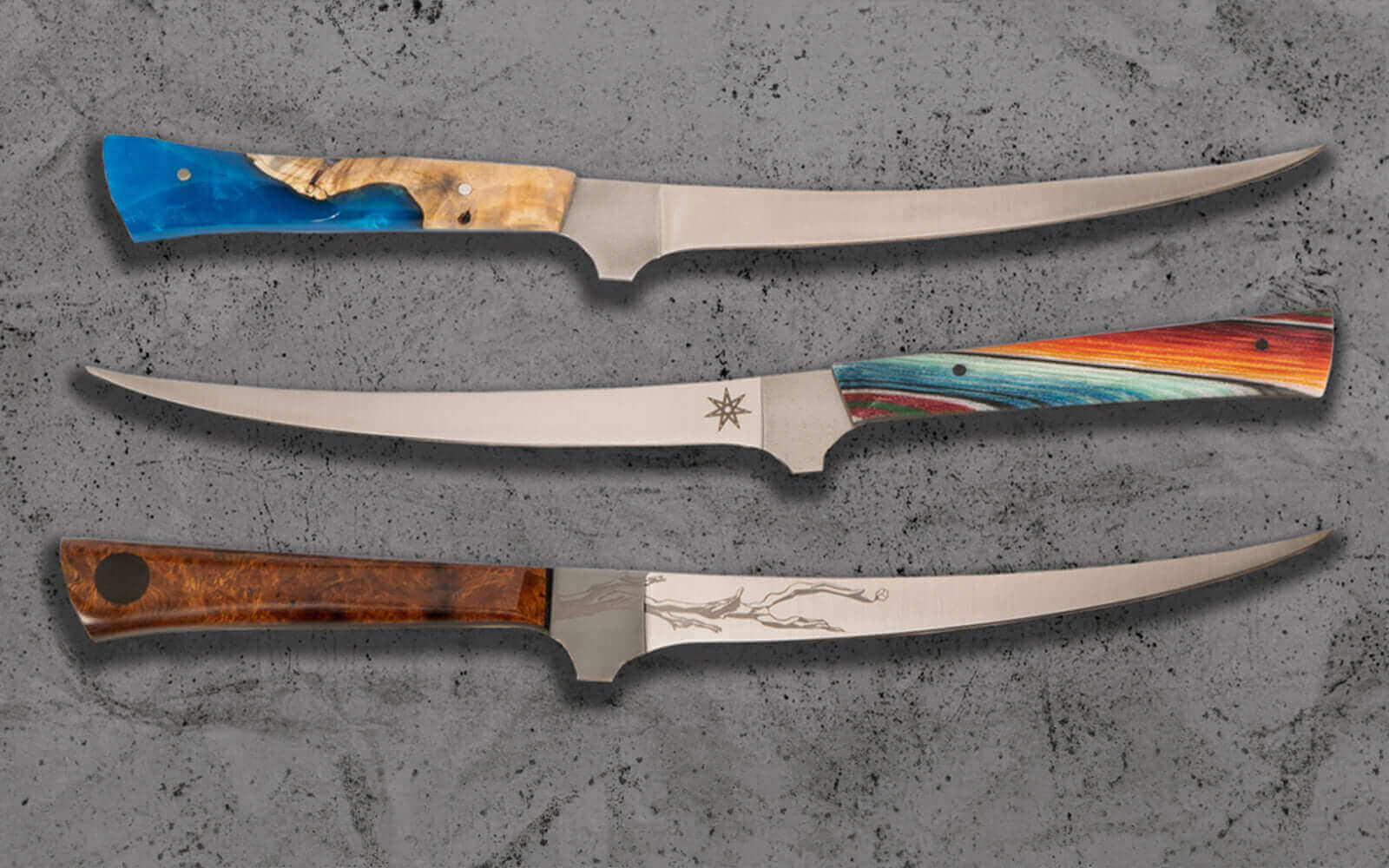Caring For A Fish Fillet Knife
A fish fillet knife is an indispensable tool in the kitchen, designed to help you achieve precise cuts and perfectly filleted fish. To ensure that your fillet knife remains in top condition and continues to perform optimally, proper maintenance and care are essential. In this guide, we'll provide you with 8 essential tips on how to maintain and care for your fish fillet knife, ensuring its longevity and consistent performance.
For instructions on caring for other knives, please see our blog Caring for Your Butcher Knife Set: Tips for Maintenance and Longevity.
Hand Washing and Drying
After each use, it's crucial to wash your fish fillet knife by hand using warm water and mild dish soap. Avoid using harsh detergents that could damage the blade or handle. Gently scrub the blade and handle with a soft sponge or cloth, paying close attention to any areas where food residue might be trapped.
Once washed, make sure to dry the knife thoroughly to prevent any moisture from causing corrosion. Use a clean, dry towel to wipe down the blade and handle, ensuring that no water droplets remain.
Avoid Dishwashers
Tip #2 goes along with the first tip. Dishwashers expose knives to harsh detergents, high water pressure, and rapid temperature changes, all of which can damage the blade and handle. Always wash your fish fillet knife by hand to maintain integrity and preserve quality.
Immediate Cleaning
Don't allow food particles to linger on the blade, as they can lead to staining and corrosion. After filleting fish, clean your knife immediately to prevent any fish oils or proteins from adhering to the blade surface. Prompt cleaning also helps maintain the sharpness of the edge.
Proper Storage
Storing your fish fillet knife properly is essential for preventing accidents and maintaining its edge. Avoid just tossing your knives in a drawer with reckless abandon. Use a knife guard or blade protector to cover the sharp edge when not in use. Alternatively, invest in a knife block or magnetic strip to keep your knife safely stored and readily accessible.
Town Cutler has crafted sayas to fit perfectly with specific knives from their collections. Each wooden saya comes with two pins (one for use and one for back-up) for keeping your knife secured
Regular Sharpening
A sharp blade not only improves the efficiency of your cuts but also reduces the risk of accidents. Regular sharpening is essential for maintaining the knife's edge. You can use a sharpening stone, honing rod for maintenance, or bring your knife to a knife sharpener. If you're not confident in your sharpening skills, consider taking your knife to a professional for sharpening.
Remember, a dull knife can be more dangerous than a sharp one as it requires more force to cut, increasing the risk of slips and accidents.
Avoid Cutting Hard Surfaces
Fish fillet knives are designed for delicate filleting tasks, not for chopping through bones or hard surfaces. Avoid using your fillet knife to cut through bones or frozen foods, as this can damage the blade and compromise its performance. Also avoid cutting on hard surfaces, as harsh impact on the knife’s edge increases the risk of chipping and other damage to the blade.
Oil the Blade
To prevent corrosion, consider applying a thin layer of food-grade mineral oil to the blade before storing it for an extended period. This will help create a barrier against moisture and oxygen.
Note: food-grade mineral oil is different from the natural oils found in fish. Be sure to clean the knife completely of any food residue before cleaning and applying protective oils.
Professional Maintenance
If your knife requires significant maintenance or repairs, such as fixing a loose handle or addressing blade damage, it's advisable to consult a professional knife technician. Attempting complex repairs without the necessary expertise can potentially worsen the problem and put your safety at risk.
A well-maintained fish fillet knife is an investment that can last for years while consistently delivering exceptional performance. By following these care and maintenance tips, you'll not only extend the lifespan of your knife but also ensure that it remains a reliable tool in your culinary tool kit. Remember, proper care not only increase the lifespan, but also enhances your cooking experience by allowing you to achieve precise cuts and perfectly filleted fish with ease time and time again.

